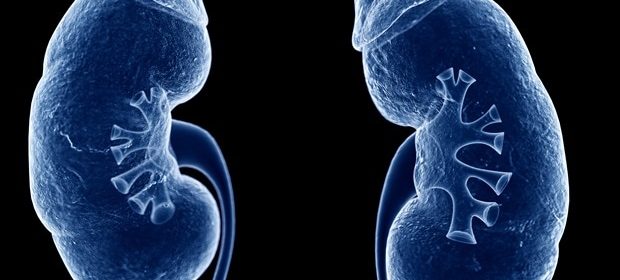cheap exelon nz no prescription

https://greenhealthlive.com/wp-admin/post.php?post=24336&action=edit
Chronic kidney disease (CKD) usually occurs as a result of other health conditions that put additionally stress on the kidneys and may lead to damage. For example, the majority of cases are caused by diabetes or hypertension, although there are various other causes that may be responsible for the condition.
Diabetes
Diabetes is characterized by an excess concentration of glucose in the blood, which can damage many organs in the body, including the kidneys. When there is a build-up of glucose in the blood, it can damage the glomerular filter into the kidney and affect the filtration of both fluid and waste products.
Insulin plays an integral role in the regulation of glucose in the bloodstream. There are two main types of diabetes, according to the cause of excess blood glucose in relation to insulin: reduced production of insulin or inefficiency of insulin in the body. Both of these types are associated with an increased risk of CKD.
Hypertension
Hypertension, also commonly known as high blood pressure, can increase the load on the kidneys to filter the blood and cause damage to the organ over time. Additionally, CKD can lead to an increase in blood pressure and approximately 90% of patients with CKD stage 3 or higher have hypertension.
The cause of high blood pressure in the vast majority of cases is unknown, although it appears to be closely linked to the diet and lifestyle habits of the individual. People who are inactive, overweight or have a poor diet or stressful lifestyle are most likely to be affected.
Glomerulonephritis
Glomerulonephritis is a condition involving inflammation of the glomerulus, which plays an important role in the filtration of blood into the kidney. If the glomerulus becomes inflamed and damaged, there can be a decline in kidney function and CKD can present.
Systemic lupus erythematosus is an autoimmune disease that involves an attack on the kidney tissue as if it were foreign tissue. Therefore, this can cause damage to the glomerular tissue and lead the CKD.
Recurrent Infections
Frequent urinary tract infections (UTIs) or pyelonephritis can also be a cause of reduced kidney function and CKD. This is most common in people who are susceptible to infection in the area and experience a UTI on a regular basis.
Congenital Malformations
Some congenital malformations in the womb involve abnormalities in the anatomy of the kidney, which may prevent normal outflow of urine. This can lead to the flow back of urine and an increased risk of recurrent urinary tract infections.
Renal Obstructions
An obstruction in the urinary tract can disrupt the flow of urine through the kidney and has the potential to increase the risk of chronic kidney disease.
For example, kidney stones, tumors and an enlarge prostate gland may all cause CKD in some cases. Additionally, the large cysts associated in the kidneys associated with polycystic kidney disease can have a similar impact and damage the surrounding tissue.
Medications
Chronic use of some medications including lithium and non-steroidal anti-inflammatory drugs (NSAIDs) such as aspirin or ibuprofen can lead to damage to the kidney and reduced organ function.
This is not a complete list of all causes of chronic kidney disease but is intended as a guide for some of the most common reasons for the presentation of the disease.
References
- https://www.kidney.org/kidneydisease/aboutckd#causes
- http://www.nhs.uk/Conditions/Kidney-disease-chronic/Pages/Causes.aspx
- http://patient.info/health/chronic-kidney-disease-leaflet
- http://emedicine.medscape.com/article/238798-overview#a4
- https://www.nlm.nih.gov/medlineplus/ency/article/000471.htm
Further Reading
- All Chronic Kidney Disease Content
- Chronic Kidney Disease (CKD)
- Living with Chronic Kidney Disease
- Chronic Kidney Disease Symptoms
- Chronic Kidney Disease Diagnosis
Last Updated: Aug 23, 2018

Written by
Yolanda Smith
Yolanda graduated with a Bachelor of Pharmacy at the University of South Australia and has experience working in both Australia and Italy. She is passionate about how medicine, diet and lifestyle affect our health and enjoys helping people understand this. In her spare time she loves to explore the world and learn about new cultures and languages.
Source: Read Full Article